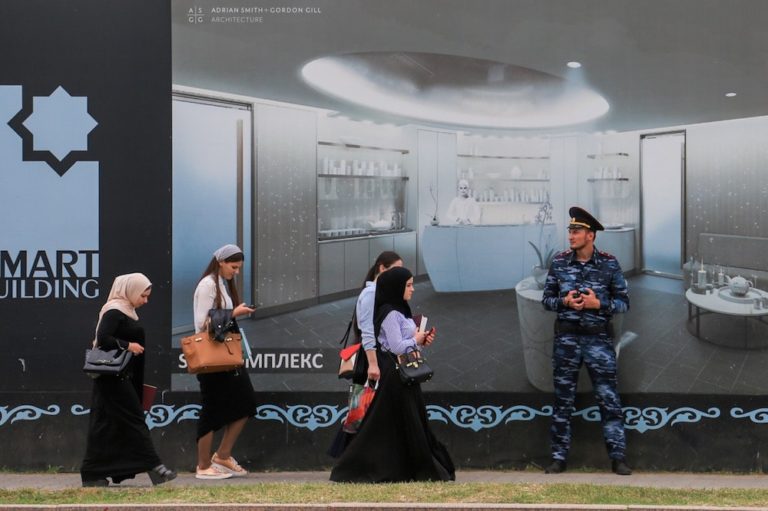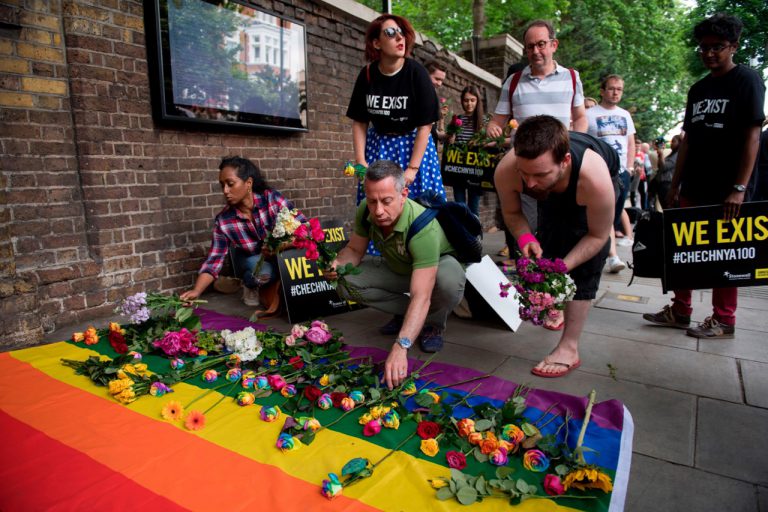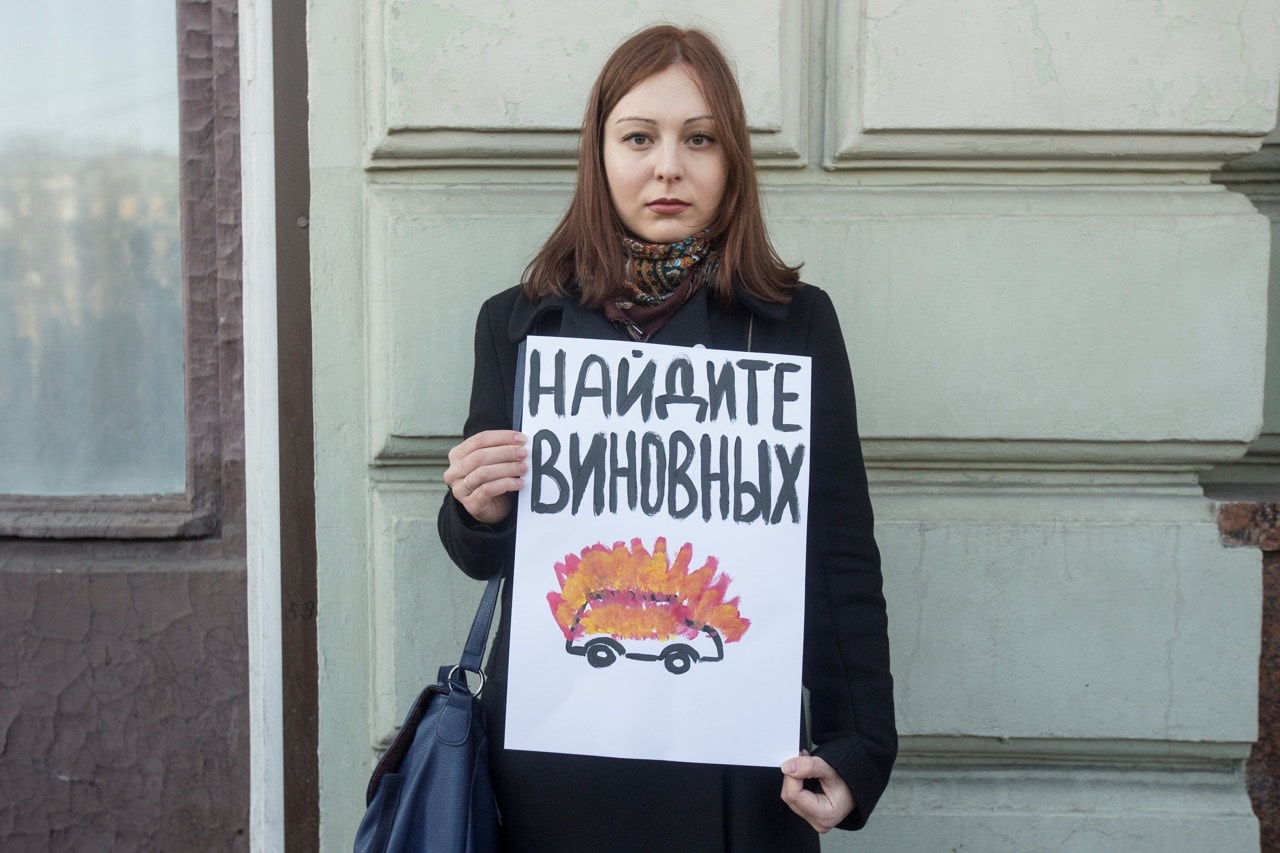On 12 August 1996, ITOGI television news and other news sources reported that Russian and foreign journalists trapped in a hostel in Grozny, the capital of the secessionist Russian republic of Chechnya, had been rescued and taken safely out of Grozny by Russian forces. On 10 August 1996, CPJ urged both sides in the Chechen […]
On 12 August 1996, ITOGI television news and other news sources
reported that Russian and foreign journalists trapped in a hostel
in Grozny, the capital of the secessionist Russian republic of
Chechnya, had been rescued and taken safely out of Grozny by
Russian forces.
On 10 August 1996, CPJ urged both sides in the Chechen conflict to
create a safe corridor for the evacuation of journalists trapped
in a hostel near the Chechen Interior Ministry building in Grozny.
According to colleagues at NTV, Russia’s only independent
television station, and other reporters in Moscow who spoke to
CPJ, as of 12:00 noon EST on 10 August, there were at least 10
correspondents from the news media, including Russian government
news agencies ITAR-TASS and RIA-Novosti, Radio Rossiya, ORT
(public television), RTV (state television), and other
correspondents as well as women and a child in the hostel within a
government compound in the centre of Grozny, now surrounded by
rebels fighting Russian federal troops.
The Russian journalists used their one satellite phone to
communicate with their editors. They had put themselves on strict
rations, as their food and potable water began to run out. The
correspondents sought refuge in the basement of the hostel after
Chechen rebels besieged government buildings in Grozny on 6
August.
CPJ urgently called on Boris Yeltsin, President of the Russian
Federation, Aslan Maskhudov, Chechen chief of staff, and all other
leaders involved on both sides of the conflict, to create a safe
corridor for the evacuation of journalists trapped in the hostel
in the government compound in Grozny. CPJ also urged that they
abide by international agreements in order to guarantee safe
working conditions for reporters covering conflicts.
Background Information
Russian journalists, including those from state-owned television
and radio, have been distinguished for their hard-hitting coverage
of the war in Chechnya. Since the re-election of Boris Yeltsin in
July, the media has resumed its criticism of the President’s
handling of the conflict. CPJ has confirmed at least nine
journalists killed in crossfire or assassination since federal
troops attacked Grozny in December 1994. Four others, including
United States photojournalist Andrew Shumack, are still missing
and presumed dead.


